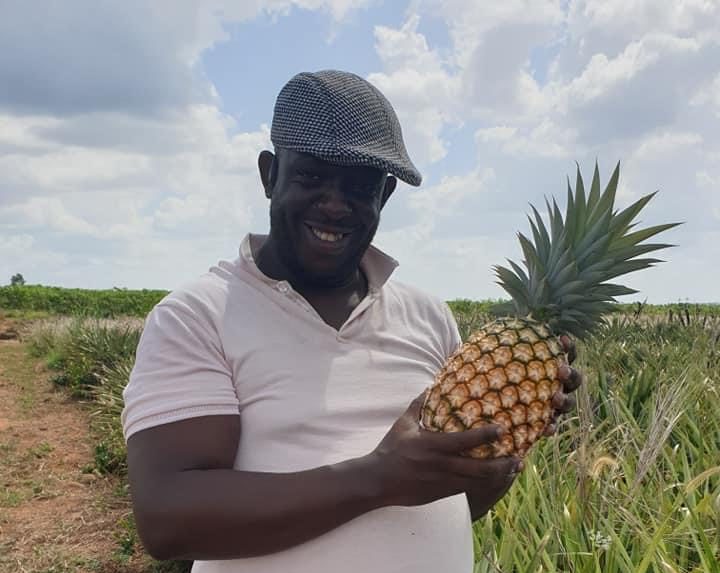This week I took interest in seeing a tweet by an engineer who I understood to express tongue-in-cheek, her frustration in being unable to find “innovative engineering” work. This, she said, despite having gone to university for 5 years. I took a moment to ask her what she meant by “Innovative engineering” and she defined it as “engineering that provides solutions to problems before they become extreme.”
(Update: After posting this post, the author of the tweet informed me that I misunderstood what she meant to say, and for that I apologise). The below is how I respond to what I understood and not necessarily what she meant in the tweet above)
I took the view that there are a great deal of opportunities for engineers, especially in the context of the “Jua Kali” sector, where tools are needed to make easier the lives of farmers, fishermen, small scale artisanal miners and other small scale traders. I did feel that I could not do justice to the thoughts that I have that could add value to to @__sammich__ and others like her that I have similar sentiments.

You may know that this year, I moved from Kenya’s capital, Nairobi to Malindi, where I am working remotely for the Open Institute and other interests that I have, while at the same time engaging in farming. In the process of working on my farm, I have integrated myself with communities of farmers and fishermen around me and I have started to notice gaps and opportunities that many professionals could take advantage of.
I thought I might share a list of these opportunities.
1.
For Engineers
Farmers need tools to improve their processes from tilling and preparing the land to establishing value addition systems. Think of a vegetable farmer like myself. Could an engineer help me build a rudimentary system for dehydrating fruits and vegetables so that I don’t have to import a commercial food dryer for more than Kshs. 250,000? Could engineers help me and other farmers develop simple solutions for harnessing biogas energy that can reduce my energy need in the farm?
2.
For Biochemists
Perhaps we could have biochemists work with engineers to extract nitrogen, phosphorus, and potassium (NPK Fertiliser) from the recycled pit latrine or support farmers to develop natural pesticides with locally available material? If they made these available for cheap, it would make a world of difference to Kenyans across the country and improve productivity.
3.
For Civil Engineers
Civil Engineers could help farmers like myself develop better, more sustainable storage facilities for their produce, systems to manage and conserve water for irrigation, better facilities for livestock management and more.
4.
For Agricultural Economists, Fisheries Professionals & Vets
I didn’t know that Agricultural Economists exist until recently, a discipline that I understand provides business acumen to agriculture. In the old days, there used to be a group of government officers called “Extension Officers”, who were essentially agriculture officers sent by the government to build the capacity of farmers and walk with them in the villages through out the journey from tilling to planting to harvesting to storage and sale. These extremely useful group of professionals barely exist in the farming counties. The Ministry of Fisheries used to employed officers to support fishermen and these have not really existed in the past couple of decades.
Imagine if these Agricultural Economists and Vets moved from cities to the villages and established small clinics that charged a consultation fee of Kshs 200-300 to help farmers increase their productivity, by helping the plan their farms as a business, figure out improved land use and so on? This would change people’s lives and it would change their own lives. In simple terms, you would make chums!
Every once in a while, a new technology, an old problem, and a big idea turn into an innovation.
Dean Kamen
Ultimately, it would take a radical shift in many of these professionals outlook to accept that many of them would not get plush jobs in fancy non-profit offices or in stable government agencies but that they could shift their perception of farmers, small scale artisanal miners and fishermen – change their perception of rural areas and see the gold that lies in the dirt.